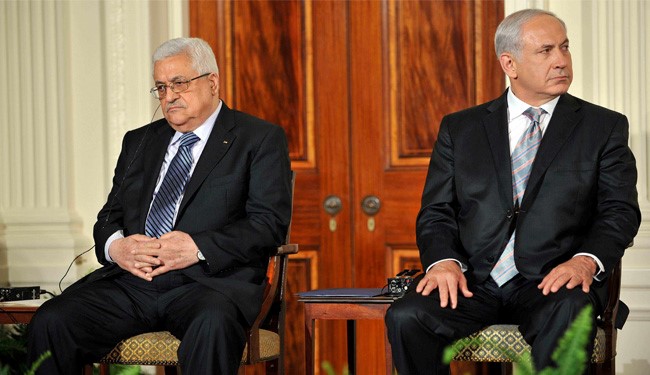By: Ian Davis

The Israeli-Palestinian conflict is commonly regarded as one of the world’s most difficult. Decades of violence, hatred, and unsuccessful diplomacy have failed to bring any tangible steps towards an enduring peace. Last Friday, the Palestinian Authority’s Prime Minister Salam Fayyad resigned from his post, introducing a myriad of complications amid renewed peace initiatives in the region.
A respected economist educated in the United States, Fayyad had served as Prime Minister since 2006. Popularly backed by Western diplomats, Fayyad is credited with managing the chaos in the West Bank, namely by implementing an effective Palestinian security force. Although he brought forth meaningful steps towards Palestinian development, he failed to deliver the economic stability that the Palestinian Authority so desperately sought. Because of his perceived lack of success, Fayyad (an independent within the PA) quickly lost support of the ruling Fatah party, and more importantly President Mahmoud Abbas. Rifts within the PA have been transparent for nearly a year. However, Friday’s resignation thrusts the reality of disunity into the immediate concern of Israel and the PA alike.
The current vacuum of power within the PA presents a difficult task to President Abbas. He can choose between two courses of action. First would be to simply name a replacement for Fayyad. A short list of candidates is circulating the Palestinian community. Many domestic factors will influence Abbas’s selection. On the other hand, Abbas can look towards reconciliation with Hamas, the Islamist political party the rules over the Gaza Strip. Since Elections in 2006, the Palestinian people have been divided politically between the two movements. Hostility peaked by the end of 2007, with Hamas’s grip tightly secured around Gaza. Since then, small steps towards Fatah-Hamas reconciliation have taken place, notably the 2011 Cairo Agreement. If Abbas decides not to appoint a new Prime Minister, he can choose to honor the stalled agreement that would place him in charge of an interim government in preparation for long overdue elections in Gaza and the West Bank. Such an action would end the 7 year political division of the Palestinian people, and create a window towards peace with Israel.
Such a window, however, requires substantial commitments from Hamas. Labeled as a terrorist organization by Israel, the United States and the European Union, Hamas has consistently failed to acknowledge Israel’s existence, and responds to grievances with the state by utilizing violence. Israel cannot be expected to deal with an organization bent on its destruction. While any Israeli action towards peace has yet to be seen, Israeli Prime Minister Benjamin Netanyahu has committed Israel’s stance towards a two state solution in his 2009 Bar-Ilan University speech. If simple words of acknowledgment can be the most basic foundation for negotiations, Hamas must recognize the state of Israel, and denounce the use of violence as a means to achieve its goals. Palestinian reunification, if coupled with Hamas’s cooperation, could further the prospects of peace.
Having fired hundreds of rockets at Israel just a few months ago, Hamas seems unlikely to reform. But there is a slim opening in Turkish Prime Minister Recep Tayyip Erdogan’s recently-announced plan to visit Gaza in May. As one of the Muslim world’s most stable and prosperous states, Turkey has influence in Gaza. Promises of infrastructure development, monetary aid, and other state-building assistance at the cost of Israeli recognition could benefit both the Palestinian people and Turkey. Should Hamas prove that it is a viable partner for peace, Turkey can claim diplomatic success and an increased standing in the international community. Erdogan’s intentions in visiting Gaza are thus far speculative. Despite a history of close relations between Israel and Turkey, the diplomatic cable was cut between the two democracies following Israel’s 2010 raid of a Turkish flotilla destined towards Gaza. Despite recent woes, last month American President Barack Obama helped facilitate a call between Netanyahu and Erdogan, partially restoring their diplomatic relationship. If Erdogan perpetuates the peace efforts begun by its reconciliation with Israel and pushes Hamas to reassess its hardline position, then reconciliation with Fatah could become a reality.
While a multitude of other blockades exist on the long road towards a lasting peace, it is apparent that reconciliation among the Palestinian people is a baseline deal breaker for either side of the conflict. Without a unified partner devoted towards two states living side-by-side in peace, Israel will maintain the mutually unfavorable status quo. Without reunification, the Palestinian people’s interests will be split between two polar factions. The course of action taken by Mahmoud Abbas, Recep Tayyip Erdogan and Benjamin Netanyahu in the next few months will be a strong indicator as to whether a feasible peace plan can come into fruition.

